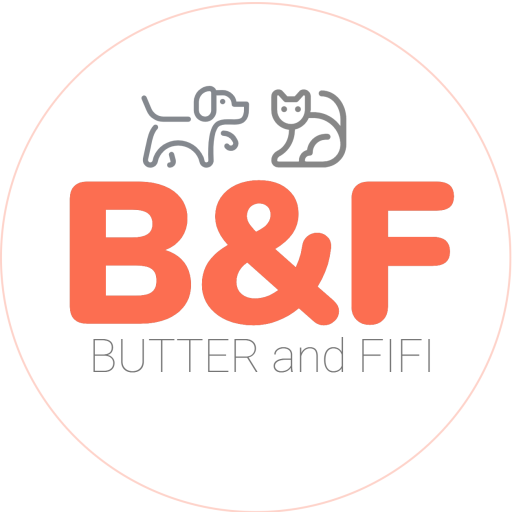As a devoted pet parent, it’s essential to be attuned to your puppy’s unique needs, especially when it comes to their diet. Puppies, like humans, can develop allergies and sensitivities that require special dietary considerations. In this guide, we’ll explore common food-related issues in puppies, providing insights on how to identify and manage them.
Recognizing Allergies and Sensitivities
1. Common Signs of Food Allergies
Watch for signs such as persistent itching, redness, ear infections, gastrointestinal issues, or changes in behavior. If you suspect your puppy has food allergies, it’s crucial to consult with your veterinarian for proper diagnosis.
2. Understanding Sensitivities
Sensitivities differ from allergies and may manifest as digestive upset, diarrhea, or vomiting. Identifying specific ingredients causing sensitivity can be challenging but is key to your puppy’s well-being.
Tailoring the Diet to Your Puppy’s Needs
1. Limited Ingredient Diets
For puppies with known allergies or sensitivities, consider a limited ingredient diet. These formulas contain a minimal number of carefully selected ingredients to reduce the risk of triggering adverse reactions.
2. Novel Protein Sources
Incorporating novel protein sources like venison, duck, or fish can be beneficial for puppies with allergies to more common proteins such as chicken or beef. These alternatives can provide essential nutrients without triggering allergic responses.
3. Grain-Free Options
Some puppies may be sensitive to grains, leading to digestive issues. Grain-free options can be explored, but it’s essential to choose high-quality grain-free diets to ensure balanced nutrition.
Working with Your Veterinarian
1. Diagnostic Testing
If you suspect your puppy has allergies or sensitivities, consult your veterinarian for diagnostic testing. This may include elimination diets, blood tests, or skin tests to identify specific triggers.
2. Individualized Nutritional Plans
Work with your veterinarian to create a customized nutritional plan for your puppy based on their specific allergies or sensitivities. This may involve trial and error to find the most suitable diet.
Tips for Managing Allergies and Sensitivities
1. Strict Avoidance of Allergens
Once identified, strict avoidance of allergens is crucial. This includes being mindful of treats, chews, and any potential sources of the problematic ingredient.
2. Regular Monitoring
Continuously monitor your puppy for any signs of allergic reactions or sensitivities, and promptly address any emerging issues with your veterinarian.
Understanding and managing allergies and sensitivities in puppies require dedication and collaboration with your veterinarian. By staying vigilant, choosing appropriate diets, and seeking professional guidance, you can provide your furry friend with a happy and healthy life. Stay tuned for our next blog, where we’ll explore the role of supplements in puppy nutrition and what you need to know.




